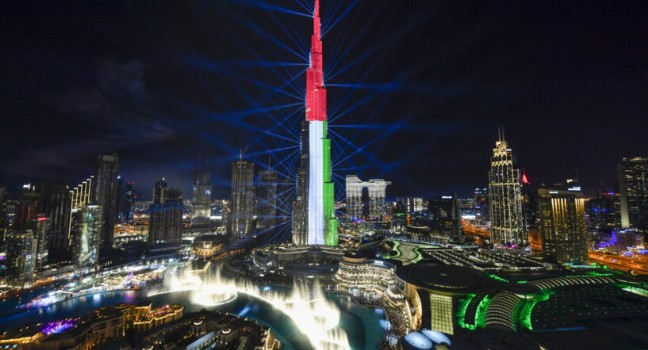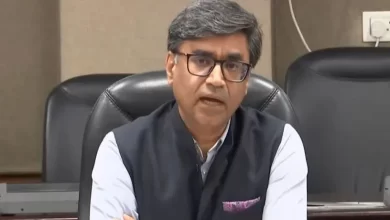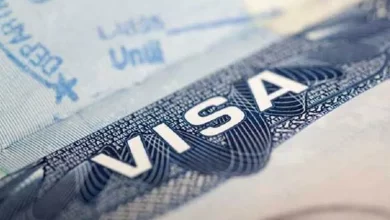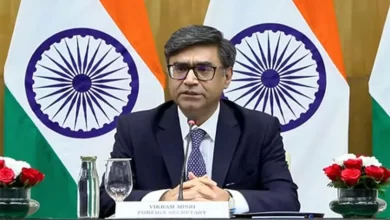Religious harmony behind UAE’s growth

The United Arab Emirates is known for its skyscrapers including the towering Burj Khalifa. The country’s official religion is Islam, but it attracts over 200 various nationalities from different religious and ethnic backgrounds and Indians are among the largest chunks of this population.
This country was formed on the principles of tolerance, spirituality and open-mindedness that accommodate multi-faith people from various parts of the world. The UAE underwent a new nation-building process that illuminated the necessity to ‘instill tolerance in the Emirati national consciousness’ and ‘forge future tolerant generations among the country’s youth. Tolerance is a key tool for the success of vibrant economies and prosperous nations.
Not only crude oil but also the principle of tolerance attributed to the rapid growth where every day, scores of Indians opt to work and live. Approximately 35 lakh Indians live in the UAE while another 20 lakh visit every year for business, leisure and family purposes. Indians constitute about 27 per cent of the total UAE population.
The Hindu temple in Dubai, commonly known as the Shiva and Krishna temple, was built in 1958 adjacent to a Mosque. As the existing building is not able to cater to the increasing number of devotees, the Dubai government allotted land in Jebel Ali and the construction of a new temple began in 2020. Expected to open on Dussera festival day, the temple’s prime deity will be Shiva in the central podium along with 14 idols including Sri Venkateshwara Swamy.
“We are confident of condcucting Sri Srinvasa Kalyana Mahotsavam next year in the new temple in Jebel Ali,” says K. Sudarshan, who has been successfully organising the celestial wedding of Sri Venkateshawara Swamy for the last 10 years in Dubai. The new temple is located in a neighbourhood dedicated for places of worship and it shares a boundary wall with a Sikh gurdwara and two Christian churches are across the road.
The upcoming BAPS Hindu Mandir in Abu Dhabi is another pointer of UAE’s religious tolerance. The temple is being constructed on 13.5 acres of land donated by Shaikh Mohammed bin Zayed Al Nahyan, Crown Prince of Abu Dhabi. An additional 13 acres of land was also donated towards setting up parking facilities for the temple. Also, Abu Dhabi government leased 10 acres of land for four years for storage of building materials of the temple.
The Abu Dhabi government also authorized BAPS temple trust to seek donations which is rare in the region. Dubai’s Guru Nanak Darbar Gurdwara is other classic example of harmony in the country. Spread over a 25,400 square feet plot donated by Dubai Ruler Shaikh Mohammed Bin Rashed Al Maktoum in Jebel Ali, the Gurdwara kitchen (langar) feeds an average 1,500 people on normal days and up to 50,000 on special days. There is another Gurdwara in Abu Dhabi that is yet to get permission.
Churches have been serving the faithful since the 1960s in the country. There are 40 churches functional in the country. Dubai’s St. Mary’s Catholic Church is the oldest one. The present ruler”s father, Shaikh Rashed bin Al Maktoum, not only donated the land but himself laid the foundation stone for the construction of the church in 1966.
With growing migrant workers from southern states, CSI church was established in 1975. Telugu Church service has been active in the UAE for decades now. Now there are over a dozen Telugu Christian congregations taking place and Dubai’s Holy Trinity church service is one of the most popular. UAE also houses synagogue, Jewish place of worship and regularly hosts Shabbat feast.
Promoting its diverse interfaith culture further, UAE started to build The Abrahamic Family House, a religious complex which will house a mosque, a synagogue, and a church, and is currently under construction in Saadiyat Island, Abu Dhabi.
Named after Abraham – the shared patriarch of Christianity, Judaism, and Islam – this historic interfaith complex is the first of its kind in the region. UAE has zero tolerance towards hate and discrimination. Under the law, any act that triggers religious hatred through any form of expression which covers speech and written word, books, pamphlets or online media is prohibited. Some Indians who posted or shared some Indian social media posting have lost their jobs.







